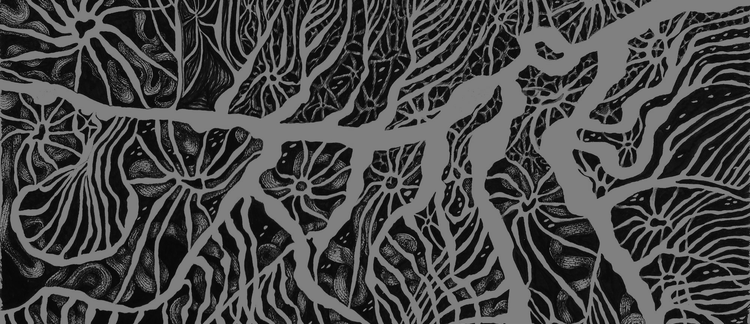This collection, edited by Anna Babka, Hildegard Kernmayer, Julia Lingl, and Marietta Schmutz, deals with current positions and developments within the frame of what can be called Posthuman Gender Theory. Together with Gender Studies, Queer Studies, or Postcolonial Studies, Critical Posthumanism takes the various axes of identity and difference into account and states the entanglement and mutual influence of varied structures of difference and inequality or privilege with the aim of generating possible emancipatory strategies. Consequently, amongst a wide range of different approaches that counteract modern "humanist" assumptions, the deconstruction of traditional oppositions like human/animal, organism/machine, nature/culture proves to be an important epistemic perspective of critiquing power for critical feminist scholarship. However, in Critical Posthumanism the active capacity for action of (human and non-human) matter is posited next to the power of discourse. Therefore, Critical Posthumanism not only puts into question "humanist" models of knowledge and progress—like human enhancement, visions of artificial superintelligence, or patriarchal strategies of subjection within traditional-binary discourse—it rather breaks with the spatial, ontological, and epistemological distinction that sets humans apart. The contributions to this collection ask—often along theory-based readings of literary texts, comics or, other cultural phenomena—how the category of gender can be negotiated under these "posthumanist" conditions.
The collection "Posthuman Gender Theory," which appears in cooperation with the Vienna-based Arbeitskreis Kulturanalyse (aka), harks back to the international conference "Gender Revisited: Negotiating Gender in the Age of Posthumanism," organized by the Elisabeth List Fellowship Program for Gender Research at the University of Graz on December 10–12, 2020.
Editorial
Introduction: Posthumanist Gender Theory—A Very Rough Account
Anna Babka, Hildegard Kernmayer, Julia Lingl and Marietta Schmutz
2023-10-12 Volume 9 • Issue 1 • 2023 • 1–21
Also a part of:
Research
Posthumane Selbstformungen in der Gegenwartsliteratur am Beispiel von Olga Flors Ich in Gelb
Lisa Keil
2022-02-11 Volume 8 • Issue 1 • 2022 • 1–26
Also a part of:
Emotional (Tech) Support: Sexualised Care Work and Robotic Sexualities
Constanze Erhard
2022-03-05 Volume 8 • Issue 1 • 2022 • 1-25
Also a part of:
Comics – posthuman, queer-end, um_un-ordnend
Marina Rauchenbacher
2022-12-14 Volume 8 • Issue 1 • 2022 • 1–27
Also a part of:
"Ethico-Onto-Epistemologie" und/als queer-posthumanistische Leseweise(n) von Barbara Frischmuths Roman Die Mystifikationen der Sophie Silber
Anna Babka
2022-12-28 Volume 8 • Issue 1 • 2022 • 1–24
Also a part of:

